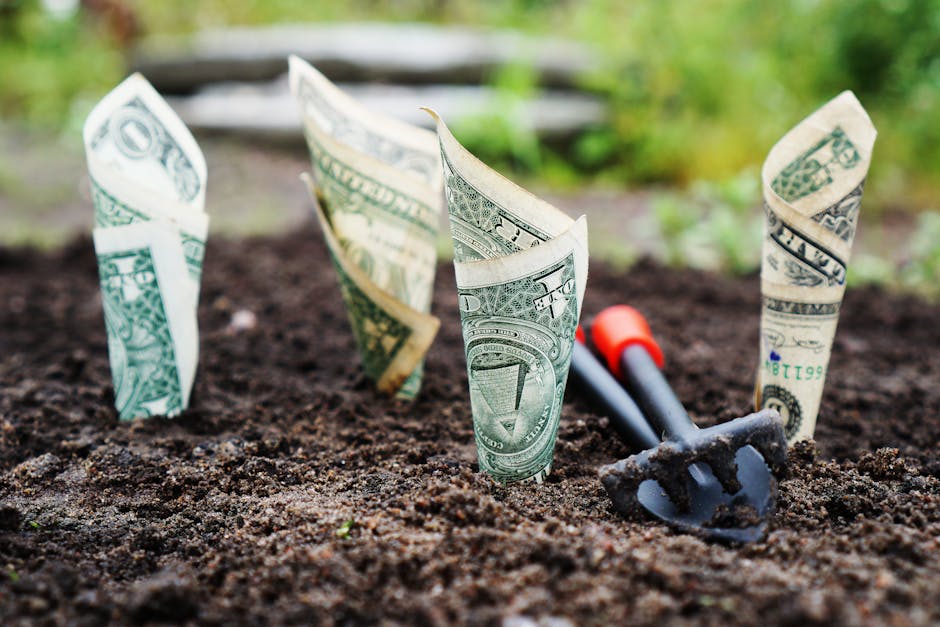An episode of Mythbusters
once tested objects dirtier than a toilet seat.
They found three items. The
kitchen sponge was by far the dirtiest, computer keyboards were filthier too,
as well as money. Yuck, I bet you feel
like washing your hands after reading that, maybe even take a shower if you are
easily affected by facts delivered in words.
Some anti-bacterial soap perhaps?
But here’s the
kicker. Anti-bacterial soaps aren’t that
more effective than regular soap.
“What?! But I pay more for it
than regular soap!” Calm down, you’re
not the only one. Think about how
germaphobes feel. And if you are one,
sorry for asking you to calm down, resume your panic.
I mean, the first thought
that comes to your mind is that you have wasted paying more for antibacterial
soap when you could have bought regular beauty soap. That’s like paying $10 for McDonald’s when
you could have gotten it for RM10 back home for the same meal and the same
portion. You would want to pay less,
especially if you are getting the same result, which is cancer if not obesity.
You overpaid for
something, okay. That’s how Disney feels
after hiring Johnny Depp as the Mad Hatter.
See, it’s a common feeling. However,
it doesn’t just stop there. Oh no, this
is not just honest misleading. In
September last year, The Guardian’s article titled “Antibacterial soaps banned
in US amid claims they do more than good” pretty much gets its point across,
especially from its title alone. But
delving deeper beyond the headline, the Food and Drug Administration (FDA)
ruled the ban after it said that manufacturers had failed to prove the
cleansers were safe or more effective than normal products. Okay, that sounds like the point I made in
the last paragraph, you paid more for something that is more of the same. However, scientists found out that
antibacterial soaps contain a chemical known as Triclosan. Triclosan, sounds like the bad guy of the
next Star Trek movie.
So what is so harmful
about Triclosan? Well, recent studies
show that it has been linked to disruptions in human and animal health. One of the damages Triclosan is responsible
for is changing the micro biome inside human guts. I don’t have a PhD but that sounds bad. But let’s ignore that Biology mumbo jumbo and
get to more cons of Triclosan that are easier to understand. Dear mothers-to-be, you might want to keep
this in mind. The exposure could damage
developing fetuses. No! Not the babies! Anything but the babies! And my phone screen! Lastly, on a larger scale, we all know this
one. Too much anti-bacteria and
antibiotics cause bacteria to become stronger and more resistant.
It’s not just the US. According to News.com.au’s November 21st
article titled “Antibac soaps to be reformulated in Aust”, supermarket giants
Woolworths and ALDI (the Tesco and 99 Speedmart of Australia) will remove Triclosan
from their home brand antibacterial soaps.
Oh, the hassle for our health.
They do care after all!
In this information age,
it won’t be long before more and more Malaysians are aware of it. You’re in Malaysia and you’re reading
this. You feel like spreading the word,
don’t you? And it’s no conspiracy
message on Whatsapp, it’s been discussed in articles and it involved the
FDA. That doesn’t sound like good news
to antibacterial soap manufacturers, especially if that segment is what’s
keeping them afloat. Some long term
planning for the segment is essential.



Comments
Post a Comment